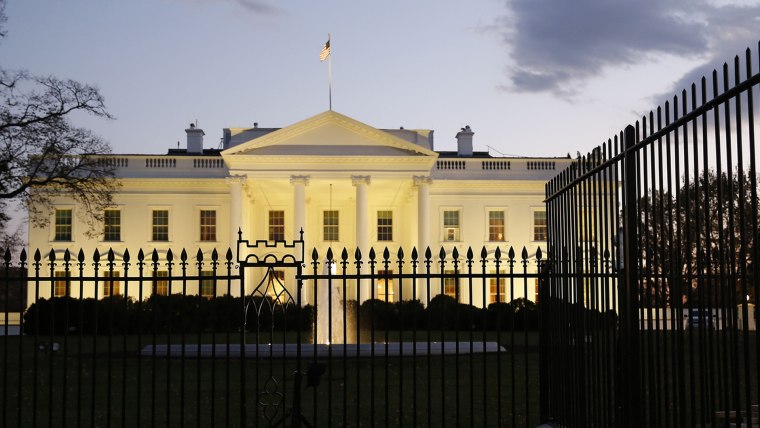For those engaged in the debate over trade, the last six weeks have been a roller coaster unlike anything the political world has seen in a while. Opponents of President Obama's trade agenda were winning, the supporters were winning. Then opponents reclaimed the advantage, only to see supporters take it right back.
As of late yesterday, however, it appears the White House and its unusual set of allies are going to get exactly what they want. NBC News reported last night:
A critical aspect of President Barack Obama's economic legacy got a boost on Wednesday when the Senate voted to approve giving him "fast-track" authority to negotiate a sweeping 12-nation trade pact without the threat of Congress adding amendments or filibustering the final deal. The vote was 60-38. The measure now heads to the president's desk for signature.
The final roll call on the Senate vote is online here.
Note, Congress passed Trade Promotion Authority -- better known as "fast-track" -- without the labor-friendly Trade Adjustment Assistance, but that will soon change. Under the plan hatched by the president and Republican leaders, TAA will be on its way to the Oval Office by tomorrow. Indeed, it passed the Senate late yesterday on a voice vote and is expected to clear the House with relative ease.
House Democrats originally blocked TAA, which they support, in the hopes of derailing the larger trade agenda, but now that fast-track has already passed, the Democratic minority no longer has an incentive to oppose the policy they like. Several House Dems who oppose the trade agenda acknowledged yesterday that the fight is "over."
That's largely true, though there's likely to be one more round.
By passing fast-track, Congress has made it easier for Obama and his team to negotiate a massive trade accord -- the Trans-Pacific Partnership, or TPP -- which is nearing completion. In fact, the debate surrounding the trade deal is likely to change quite a bit very soon -- as part of the fast-track legislation, the public will be able to read and scrutinize the deal long before an agreement is formally reached.
For quite a while, critics have raised concerns about the secrecy surrounding the trade negotiations, but this will soon fade. The fight will focus more on the TPP's merits, less on its process.
All of which leads us to the last fight of the dispute. The White House now has the tools it sought, but the Trans-Pacific Partnership is not yet a done deal. Opponents and supporters of the policy will still have an opportunity to push lawmakers to agree with them when Congress takes up the agreement itself, and it's a safe bet those arguments will be fierce.
But for now, Obama is right where he wants to be, having won a Capitol Hill fight many expected him to lose. It's still a strange image, though -- the president has all kinds of impressive accomplishments, but this is the first time in the Obama era the White House agenda advanced thanks to Republican support.
